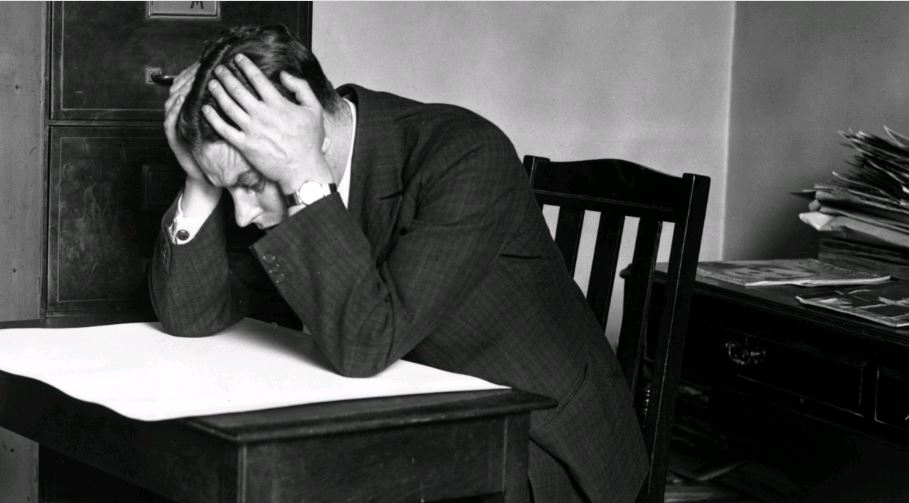
Sounds like a great activity that would extrovert a person and make them happier!

Tom's Blog on Life and Livingness

Sounds like a great activity that would extrovert a person and make them happier!


I have come to the conclusion that many things in life are like the Kelloggs All Bran ad from 20 years ago, “If you eat it, you don’t need it.”
I send these little messages out and the people who would read and heed it probably don’t need it and the people who need it wouldn’t read or heed it.
But sometimes some of us need reminding from time to time so for the few who know it but need to be reminded of it, here it is!

Constant negative news stories are instilling ‘learned helplessness’ in Americans
Don’t let the actions of the small minority of evil doers dull your light. Be aware of them, avoid the negative consequences of their actions as much as possible, share the truth but most importantly, continue to use your own unique creative, constrive ability to make a better world for you and others!
https://bigthink.com/ideafeed/negative-news-stories-are-sapping-your-productivity

Half a millennia ago, forests covered much of the Iberian peninsula. But that soon changed. Centuries of wars and invasions, agricultural expansion and woodcutting for charcoal and shipping wiped out most of the woods and transformed places like Matamorisca, a small village in northern Spain, into degraded landscapes.
The region’s arid climate and depleted soils would be a recipe for disaster in your average reforestation program, but for the Amsterdam-based Land Life Company it’s an ideal place. “We typically operate where nature does not come back by itself,” says Jurrian Ruys, its CEO. “We go where there are rougher conditions in terms of weather, with rough or very hot summers.”
In Matamorisca, they intervened in 17 barren hectares owned by the regional government and peppered them with their signature device: a biodegradable cardboard donut they call the cocoon which can hold 25 litres of water underground to aid a seedling’s first year.

I think these women are courageous to the hero level and deserve our every support!
https://amazonwatch.org/take-action/stand-up-for-women-defenders-of-the-amazon

I didn’t get more than half way through this but the coin in the pig and the CD in the player were impressive! Seriously way too much free time on their hands! https://www.flixxy.com/real-life-trick-shots-part-2-dude-perfect.htm

If you have vested interest in comprehending and learning, this article is well worth a read! From the article:
Our work has revealed a significant discrepancy. Students said they preferred and performed better when reading on screens. But their actual performance tended to suffer.
For example, from our review of research done since 1992, we found that students were able to better comprehend information in print for texts that were more than a page in length. This appears to be related to the disruptive effect that scrolling has on comprehension. We were also surprised to learn that few researchers tested different levels of comprehension or documented reading time in their studies of printed and digital texts.
https://www.businessinsider.com/students-learning-education-print-textbooks-screens-study-2017-10

